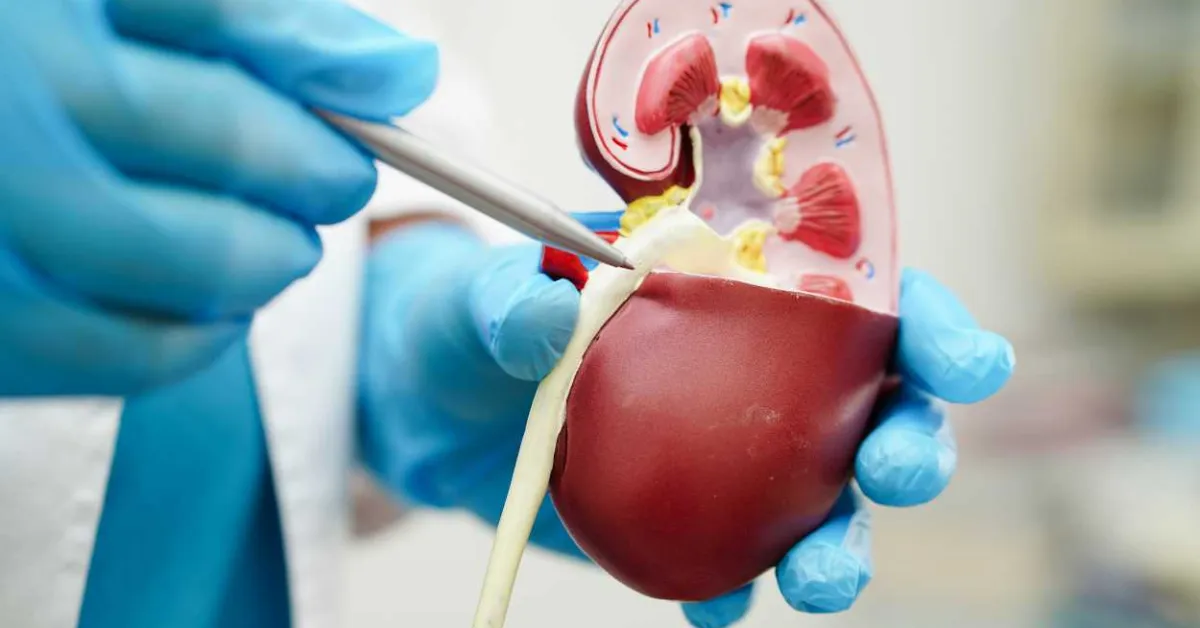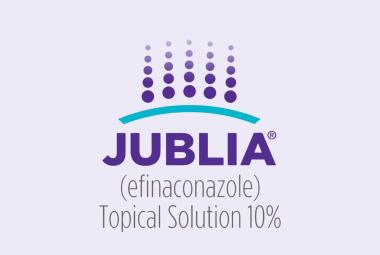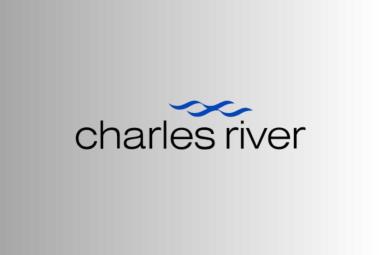In a promising development for transplant medicine, global healthcare leader Sanofi has announced that its investigational therapy riliprubart has received Orphan Drug Designation from the U.S. Food and Drug Administration (FDA). The designation is specifically for the treatment of antibody-mediated rejection (AMR) in patients following solid organ transplants, with a primary focus on kidney transplants.
AMR is a serious and potentially life-threatening complication that can arise after a patient receives a transplanted organ. It’s characterized by the immune system attacking the donor organ, often leading to transplant failure. Notably, there are currently no FDA-approved treatments for AMR, leaving a significant unmet medical need.
Sanofi’s riliprubart is a first-in-class monoclonal antibody designed to block the classical complement pathway by targeting an enzyme called C1s. This pathway plays a key role in triggering immune responses that can damage transplanted organs. By intervening early in the cascade, riliprubart aims to prevent or slow rejection and improve long-term transplant success.
“This FDA designation is an important step forward in our commitment to develop transformative therapies for patients living with rare immune-mediated diseases,” said Houman Ashrafian, Head of Research and Development at Sanofi. “Riliprubart has the potential to become a meaningful treatment option where none currently exist.”
The therapy is currently being evaluated in an ongoing Phase 2 clinical trial that includes two patient groups: those at high risk of developing AMR and those already experiencing active rejection. Beyond transplant medicine, riliprubart is also in Phase 3 trials for chronic inflammatory demyelinating polyneuropathy, a rare neurological disorder.
Receiving Orphan Drug Designation not only highlights riliprubart’s potential, but also qualifies it for development incentives, including seven years of market exclusivity if approved, tax credits, and FDA assistance with clinical trial design.
Sanofi continues to expand its immunology and rare disease portfolio, with riliprubart being one of its most closely watched investigational candidates. As trials progress, the company hopes to bring new hope to transplant patients facing one of the most difficult challenges of post-operative care.














